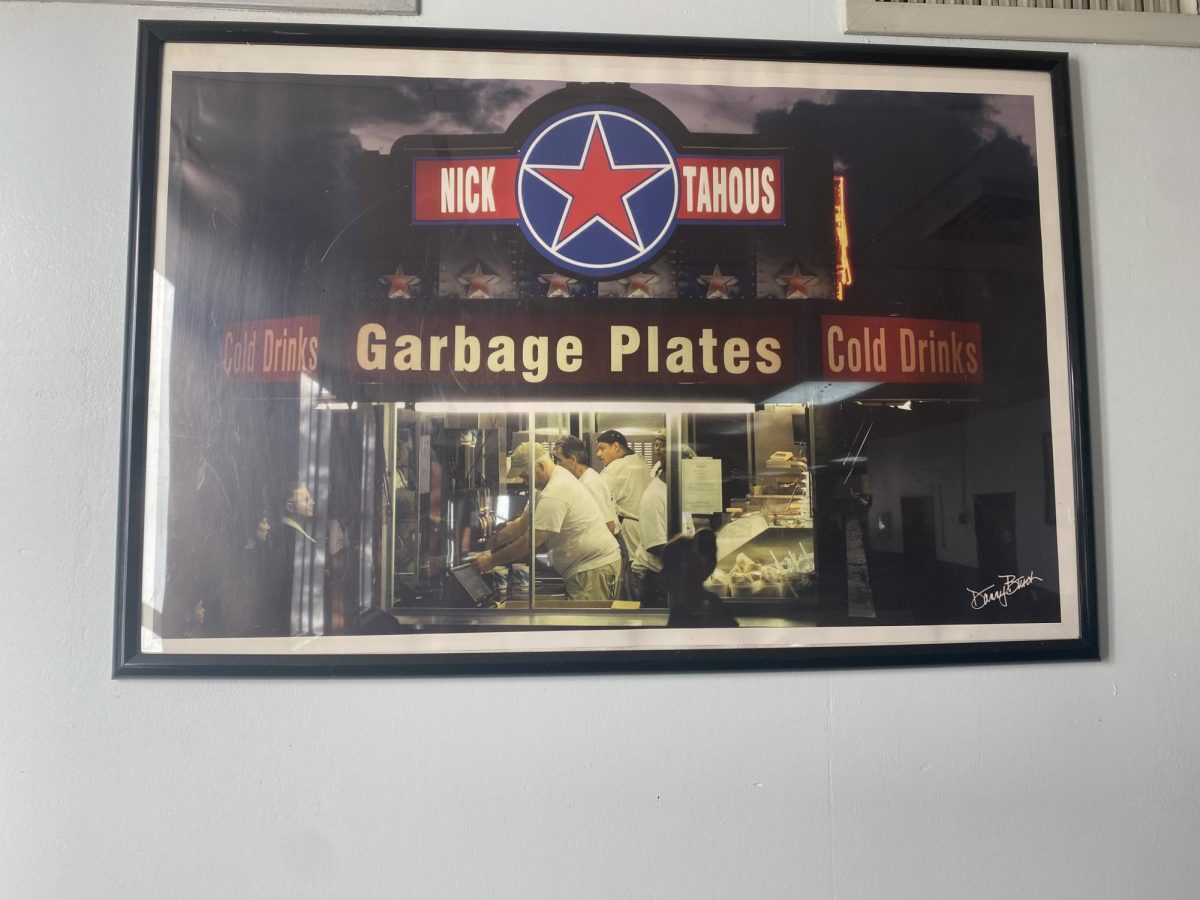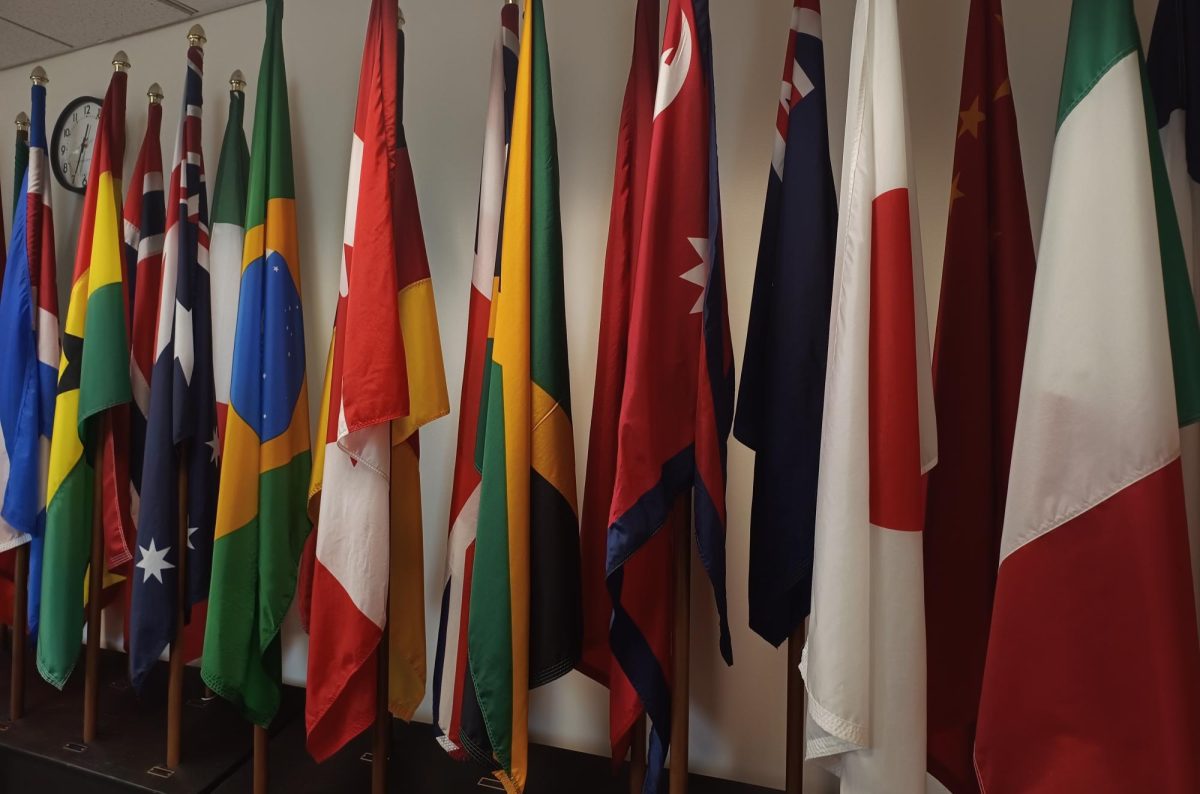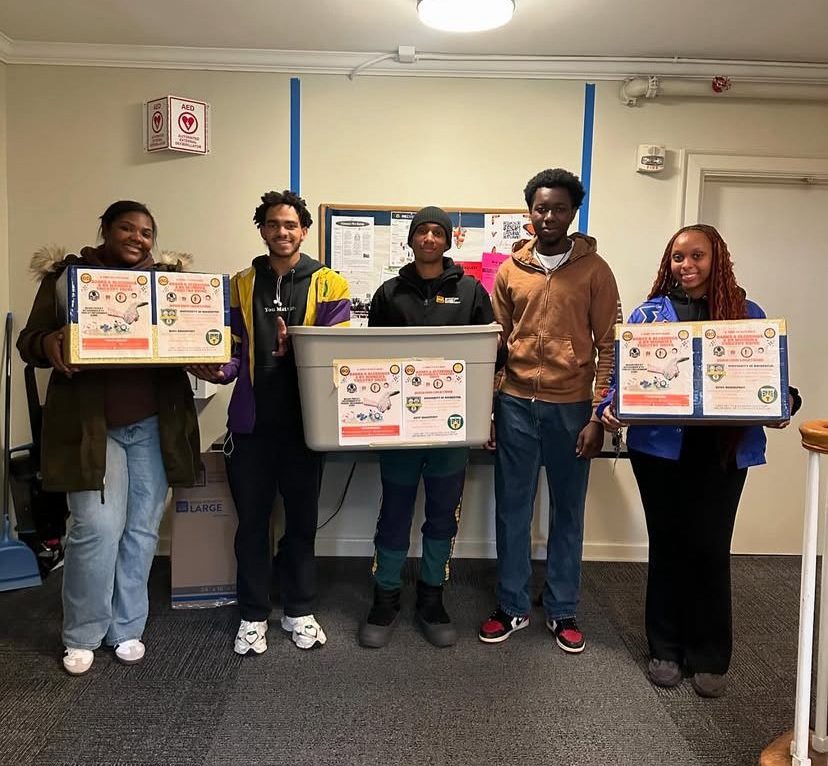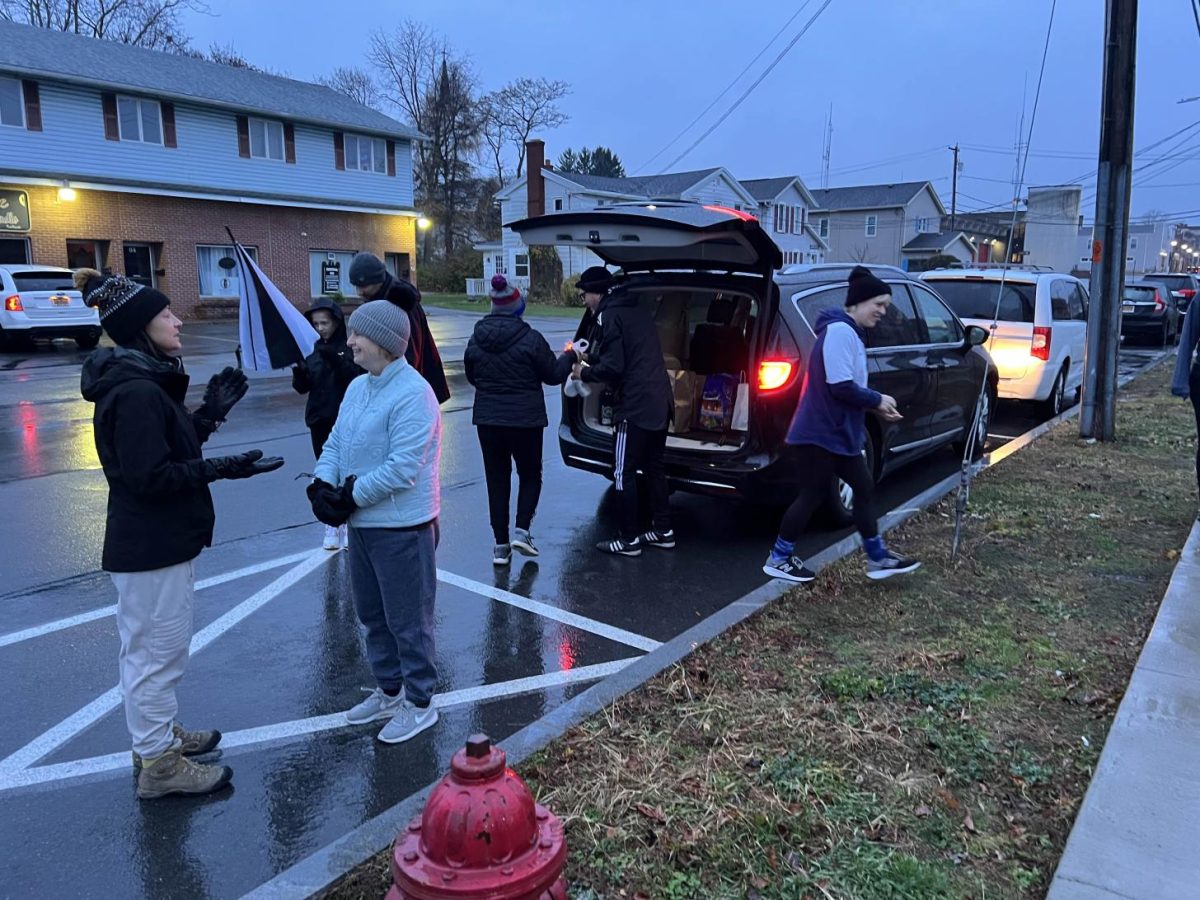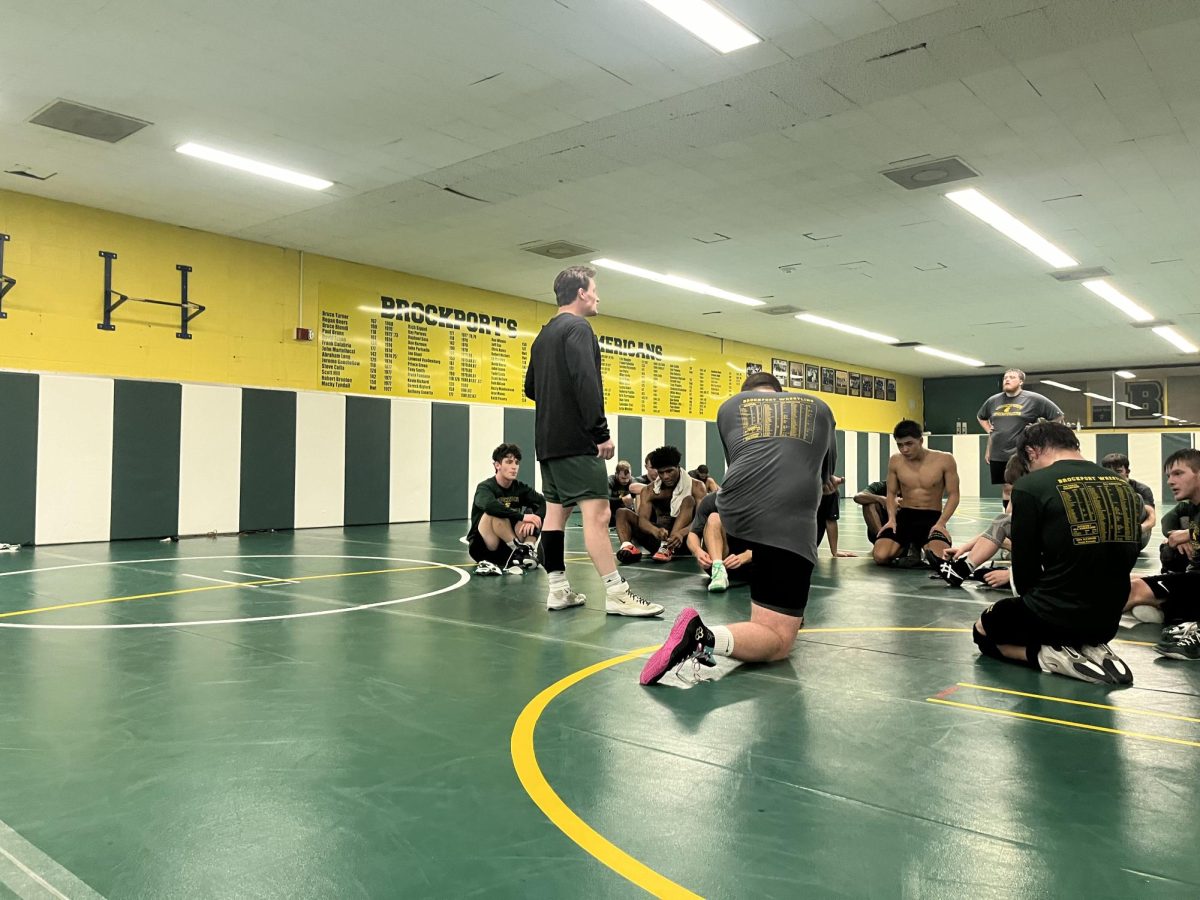
By Cambrie Eckert
Historically, journalism has been an industry of truth and a pillar of democracy. At one point in time, society could rely on media outlets to publish unbiased and reliable news. In recent years, however, the notion of “fake news” has diminished the industry’s integrity.
Fake news is the fabrication of typically sensational news produced for the sole purpose of generating revenue. Unreliable “fake news” has recently been targeted towards political figures and celebrities as a way to promote or discredit them.
While former President Donald Trump may claim he coined the phrase “fake news,” he only recently brought it to the forefront.
During Trump’s presidency he frequently used this phrase, sparking distrust in the journalism industry. This negatively impacted media corporations who rely heavily on their advertising and subscriptions revenues.
For those like SUNY Brockport professor Kimberly Young, this can be discouraging as someone who has dedicated her life to telling the stories of others.
“I think the mistrust people have in journalists is new and that is most disheartening to me,” Young said.
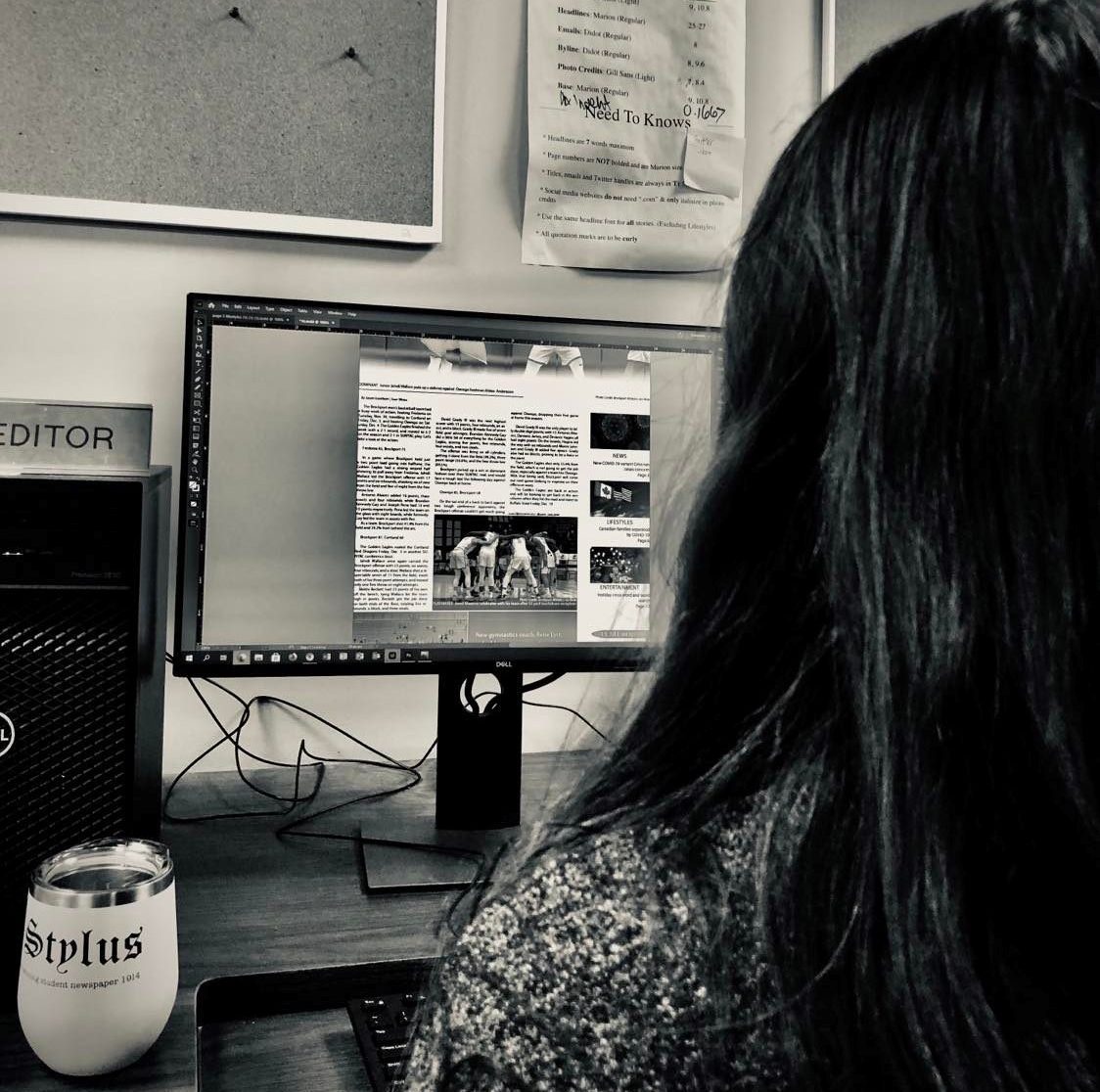
Young has an extensive portfolio, having been a radio and television anchor/reporter, news director, producer, talk show host and now journalism professor. As someone whose entire life has been in the journalism industry, she is no stranger to the backlash reporters receive.
“This disdain for journalists is not new; it’s not new to me. When I was a reporter, I’ve been called everything under the sun. I’ve been called a vulture and you know, terrible things,” Young said.
While there has been a sort of contempt for journalists like Young in the past, people have become increasingly divided, especially towards the news they consume.
“I think people want their own opinions reinforced,” Young said.
During the past few years, many people have started to prefer to read news sites that are more aligned with their views instead of reading factual and unbiased news from reliable sources, such as The New York Times, The Washington Post and many others.
For SUNY Brockport freshman Katherine Thompson, she’s witnessed her friends and family adopt a similar mentality of consuming news more aligned with their views.
“The people that I’m around, they’re very against most of the news. They don’t really pay attention to it because they don’t like what they see,” Thompson said.
Instead of going outside their comfort zone to educate themselves, they subject themselves to an echo chamber of sorts.
Thompson, however, holds some contempt for unethical journalism.
“It’s seems like such a waste of time to have fake news,” Thompson said. “When there is fake news, a lot of people are really quick to jump to ‘Oh, I’m gonna trust that,’ even if they don’t really know the full story about a certain situation. Some of my friends are really into conspiracies, so they take all of that [fake news] to heart.”
Over time, less reliable news sites started popping up. These news sites typically mass produce unreliable content in an attempt to generate as much revenue as possible. These stories are typically sensational to “clickbait” readers into viewing their content for profit.
“I’m appalled at these [fake news] outlets and that they look credible,” Young said. “They present themselves as credible when they are not. There should be a disclaimer: ‘Everything we’re telling you is not true and we have an agenda.’ I’m sickened by it. It’s horrible. It’s terrible.”
“Clickbait” is a more modern term used on the internet for “baiting” people into clicking a link of some sort. This term is more widely used in reference to YouTube videos with clickbait thumbnails, alluding to something that will happen in the video but never does. This is all done to gain views for profit.
With the COVID-19 pandemic slowly decreasing interest in the public towards the news, fake news and clickbait headlines have deterred potential readers from opening articles to read about the news. This is a major problem for those affiliated with the journalism industry; especially young, aspiring journalists.
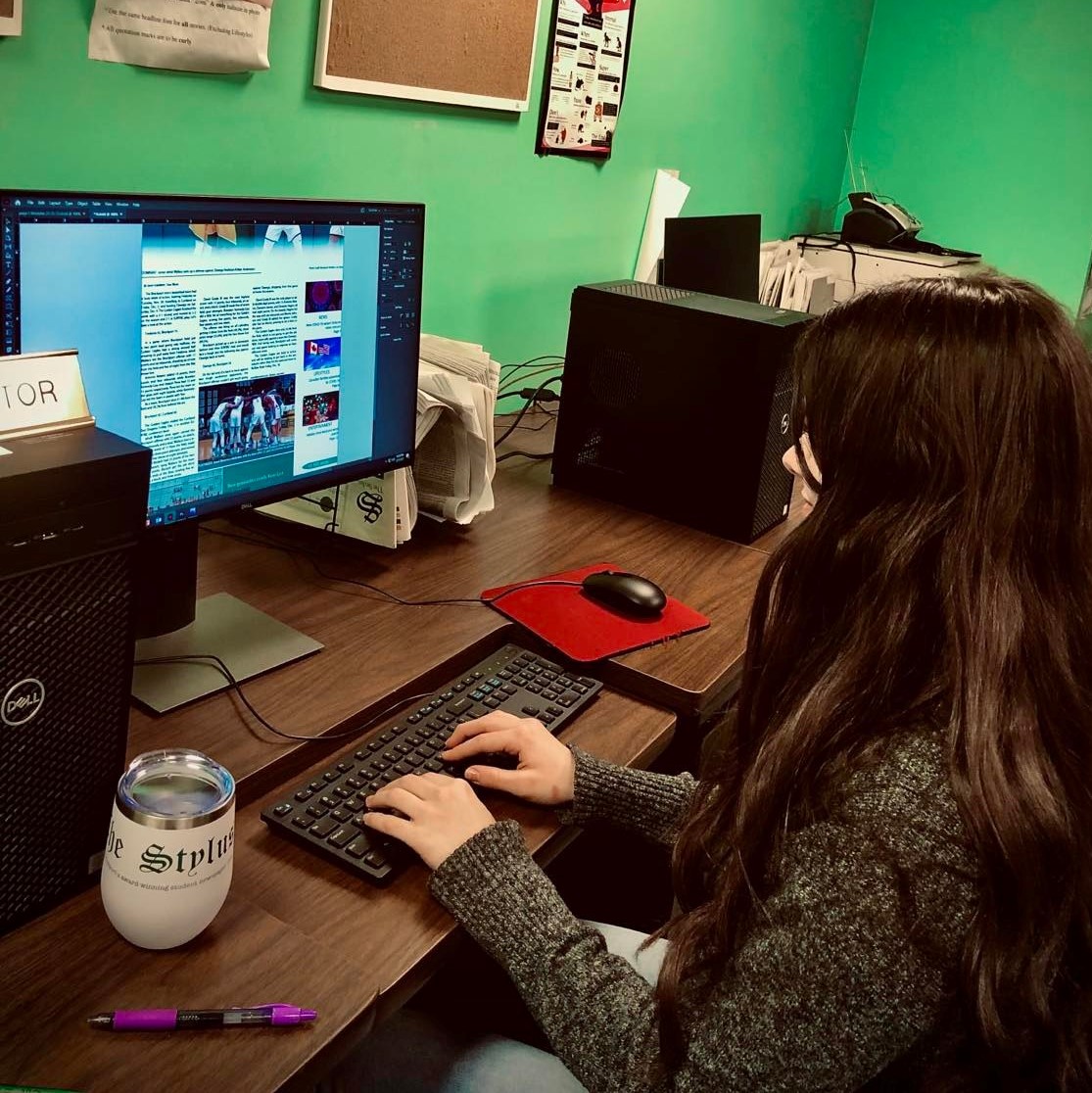
While one may think this would discourage young, aspiring journalists, it has done the opposite. For SUNY Brockport graduate Sarah Killip, she’s been more driven and inspired than ever.
“It makes me want to be someone who represents it,” Killip said. “Someone who represents the news as truthfully as I can. I definitely don’t want to be somebody who is putting a bias on something where there shouldn’t be one. It just makes me want to be someone who people can rely on.”
In regards to the future of journalism, a little pushback doesn’t stop those like Killip. Young agrees, seeing the same drive and determination among other journalism students.
“There may be some students that are timid about it, but what true ‘J-schools’ are finding is that there’s been a surge,” Young said. “Because of what we’re going through, because of the last administration, because of this all-out assault on journalism… the numbers are going up. Students have become passionate about doing good, and that gives me hope.”
In the age of fake news, skepticism and backlash, journalists have been fighting harder to regain the public’s trust, as well as always tell the truth despite everything else.
“Who will be there to tell the truth if not journalists?”
– Kim Young











